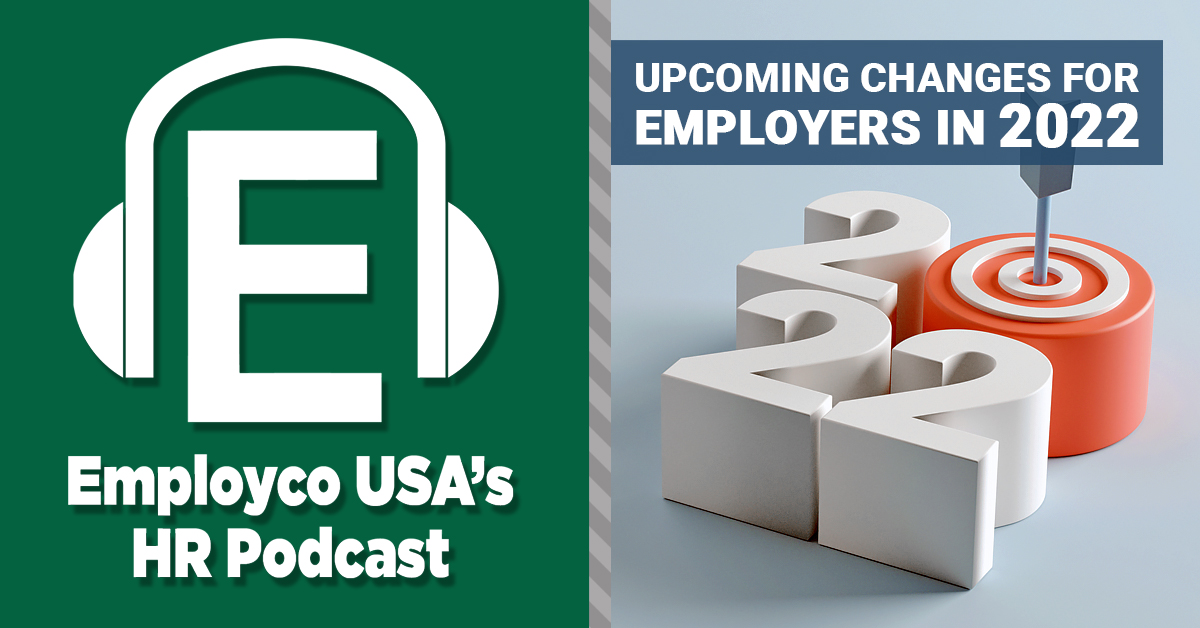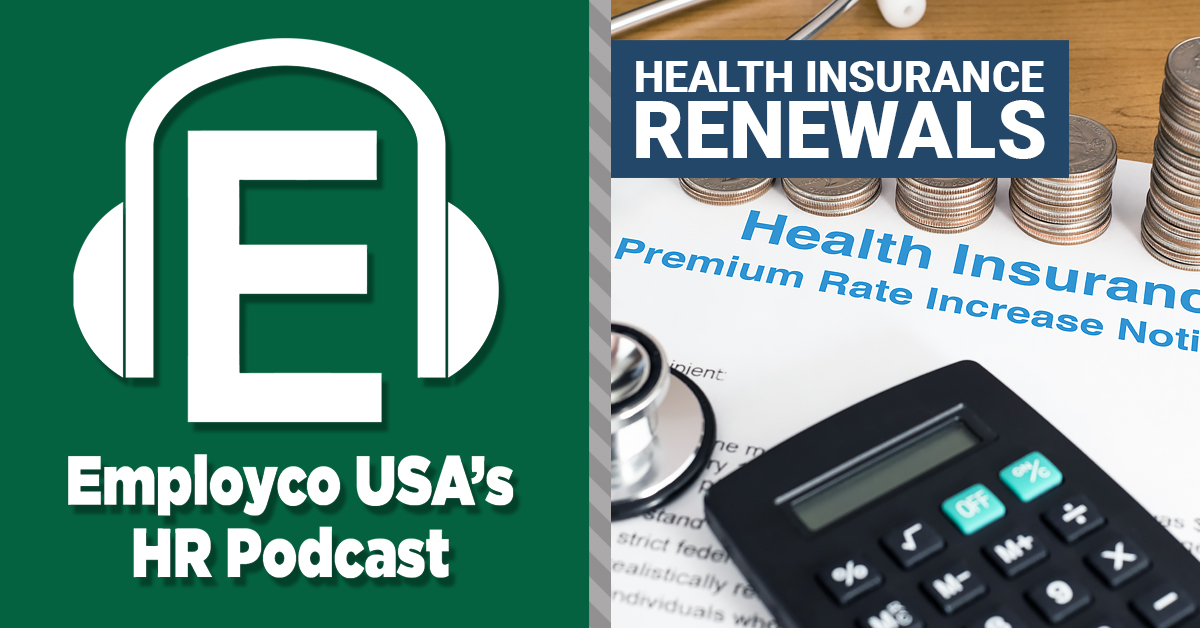
On Dec. 7, 2021, a Georgia federal judge blocked the federal contractors mandate nationwide. This new order comes right after a Kentucky federal judge issued a preliminary injunction effectively blocking the implementation and enforcement of President Biden’s COVID-19 vaccine mandate for federal government contractors and subcontractors for Kentucky, Tennessee, and Ohio on Nov. 30, 2021.
Federal Contractor Vaccination Mandate – On Nov. 10, 2021, the Biden administration updated its guidance for the Safer Federal Workforce Task Force, clarifying that federal contractor employees must be fully vaccinated by Jan. 18, 2022. This update was released in conjunction with the Occupational Safety and Health Administration (OSHA) vaccine mandate for private employers and the Centers for Medicare & Medicaid Services (CMS) vaccine mandate for health care workers, both of which have also since been blocked in federal court.





 ‘Tis the season to get new health insurance rates! Rates are dramatically on the rise, with some companies seeing increases in premiums from 20 to 40 percent. Due to COVID’s impact, hospitals need to pay their workers more than ever before, just to retain employees and ensure that they stay staffed. And, supply chain issues mean price increases across the board, even in the healthcare industry.
‘Tis the season to get new health insurance rates! Rates are dramatically on the rise, with some companies seeing increases in premiums from 20 to 40 percent. Due to COVID’s impact, hospitals need to pay their workers more than ever before, just to retain employees and ensure that they stay staffed. And, supply chain issues mean price increases across the board, even in the healthcare industry.